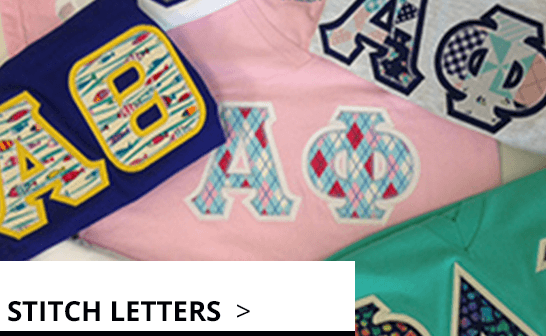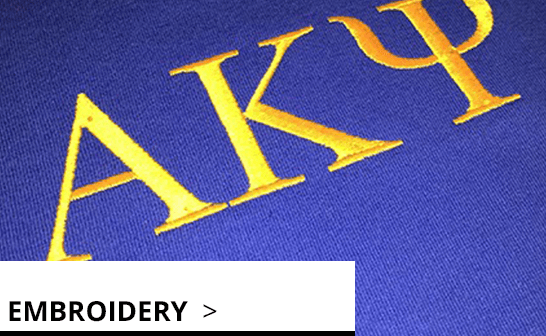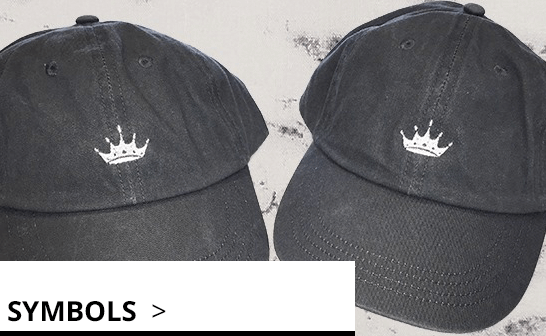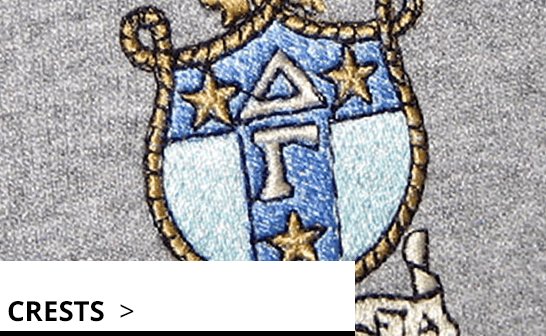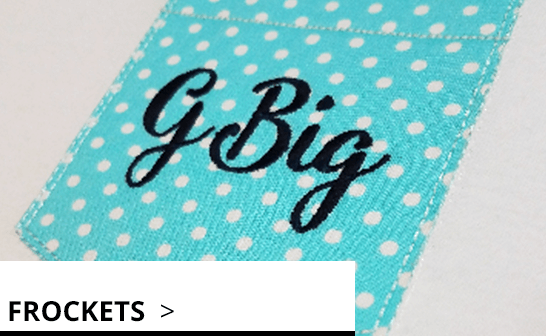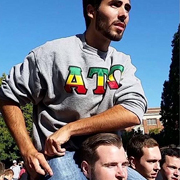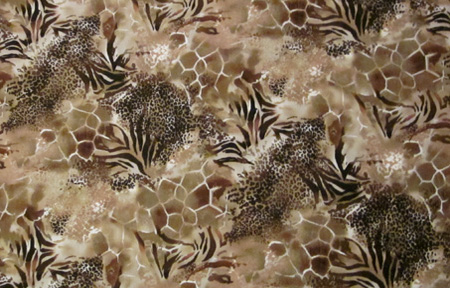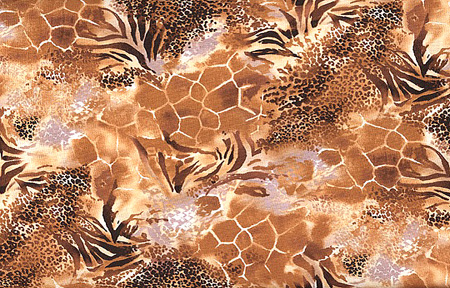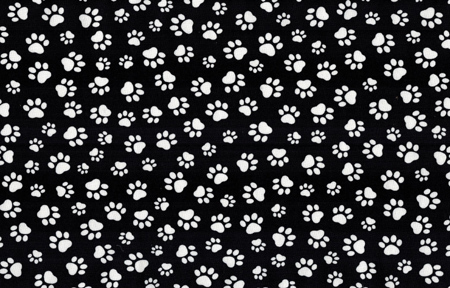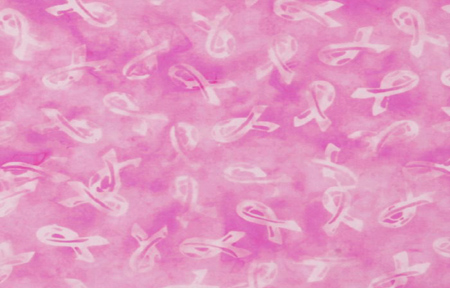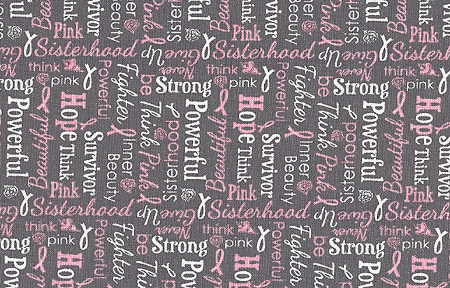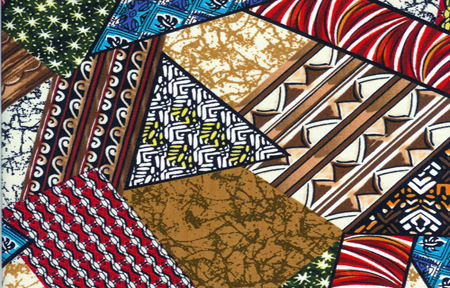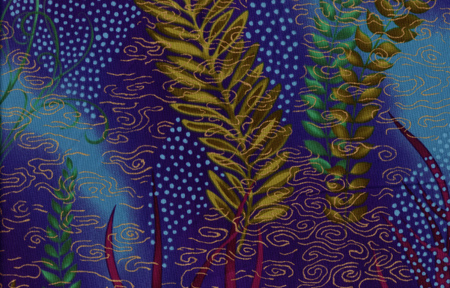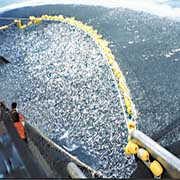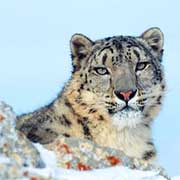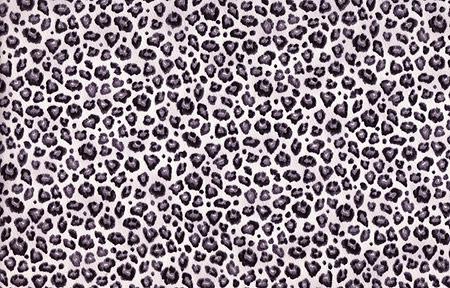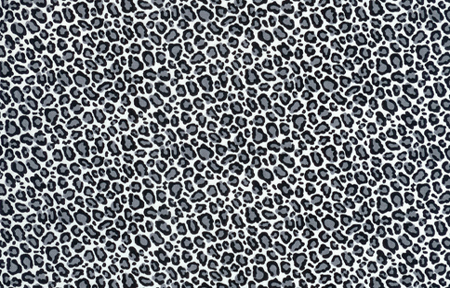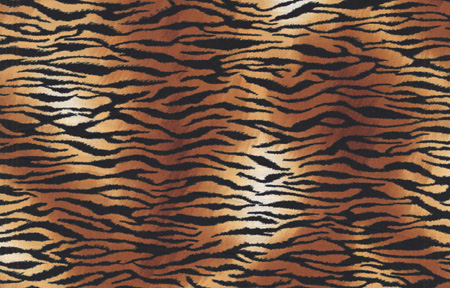- 1
Choose Your Cause
Peruse our current featured causes below. Scroll through and choose your favorite cause to support. Have an idea for a new cause? Let us know as we are always looking to support additional organizations and causes.
- 2
Select Your Apparel
Whether you’re looking for a t-shirt, sweatshirt, dress, or tote bag, DesignerGreek has got you covered. Choose your apparel and greek letters and start customizing your LFAC clothing!
- 3
Customize Your Order
Choose your Letters For A Cause foreground fabric followed by a solid background color. Include an embroidered message to raise further awareness about your selected cause.
- 4
Checkout & Donate
Upon purchase of your LFAC clothing, DesignerGreek will make the donation. Yes, it is that easy! Your custom apparel can make a difference, so show your support now.
Letters For A Cause
What do you stand for?
With so many people, places and wildlife in need, Letters For A Cause (LFAC) gives you the opportunity to support an issue you believe is worth fighting for! When an LFAC item is purchased, Designer Greek will donate 5% of the purchase price to an organization dedicated to your cause.
Even more, your LFAC clothing will help to raise awareness and educate others about these important issues. It is our hope that Letters For A Cause inspires individuals to learn, care, and act; ultimately making this world a better place for all.

-
African Wildlife
For thousands of years, the wildlife and people of Africa have co-existed in balance. However in the 20th century, wildlife began experiencing escalating pressure from a growing human population and its effects, in addition to habitat destruction, spread of disease, and over overhunting. The balance has been upset resulting in a sharp decline of many African wildlife populations. In order to regain balance, effective wildlife conservation is needed to address the needs of both humans and animals.
-
Animal Protection
The United States is home to millions of animals. Whether family pets, farm animals or the indigenous species of our region, we believe that all animals deserve to be treated and cared for humanely, respectfully, and properly.
-
Autism Awareness
Autism is a developmental disorder that appears in the first 3 years of life, and affects the brain's normal development of social and communication skills. Today, it is estimated that one in every 110 children is diagnosed with autism, making it more common than childhood cancer, juvenile diabetes and pediatric AIDS combined. Because the definitive cause (or causes) of autism is unclear, it is crucial that research and funding is ongoing.
-
Breast Cancer Awareness
Breast cancer is a disease in which malignant (cancer) cells form in the tissues of the breast. It is considered a heterogeneous disease, differing by individual, age group, and even the kinds of cells within the tumors themselves. Obviously no woman wants to receive this diagnosis, but hearing the words "breast cancer" doesn't always mean an end. It can be the beginning of learning how to fight, getting the facts and finding hope.
-
Hope For Women
In the war-torn countries of Africa women are the hardest hit, but are also the most central to the ultimate recovery of the whole population. Women are targeted for human rights violations such as conflict-related sexual violence, and many have lived much of their lives without access to health care, or to economic or legal power. When women have access to knowledge and resources, they are more capable to lead change in their families and communities.
-
The Amazon Rainforest
Rainforests used to cover 14 percent of the Earths surface; today they cover less than 2 percent. The Amazon Rainforest is the planet's largest, most luxuriant, and amazingly home to one in ten known species on Earth. Today, rapid deforestation severely threatens the Amazon and at current rates it is estimated that 55 percent of its rainforests could be gone by 2030.
-
The Ocean - Marine Debris
Marine debris is one of the most widespread pollution threats facing our ocean. Trash in the ocean isn't just ugly - it impacts everything from ocean health (and potentially human health) to local economies. It harms individual species as well as entire ecosystems. Carelessness and indifference is proving deadly for our oceans and its inhabitants all which is completely preventable.
-
The Ocean - Overfishing
Unsustainable fishing - caused by poor fisheries management and wasteful, destructive fishing practices - is decimating the world's fisheries, as well as destroying marine habitats and killing billions of unwanted fish and other marine animals each year. As a result, the future of the fishing industry is under threat - as are already endangered marine species and habitats, and the livelihoods and food security of millions of people.
-
The Snow Leopard
Spanning across 12 countries in the high, rugged mountains of Central Asia, the snow leopard is a rare sight, with only about 3,500 to 7,000 left in the wild. Their fight to survive varies depending on the region. In some areas these endangered cats are in great demand as they are hunted by poachers and in other areas, the leopards' decreasing habitat and lack of natural food sources contribute to their declining numbers. Their plight represents a universal theme in the animal kingdom, one that cannot be ignored.
-
The Tiger
In the past 100 years, wild tiger numbers have declined by 97%. There may be as few as 3,200 wild tigers left in existance, the lowest number ever recorded. Illegal poaching is the primary cause of the tiger's decline, driven by black market demand for tiger skins, bones, and organs. Additionally, loss of habitat contributes to their decreasing numbers. A world without WILD tigers could be a tragic reality in just a few short decades if action is not taken.

